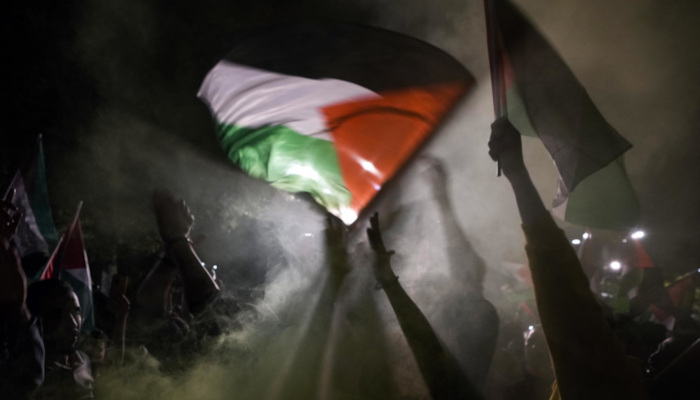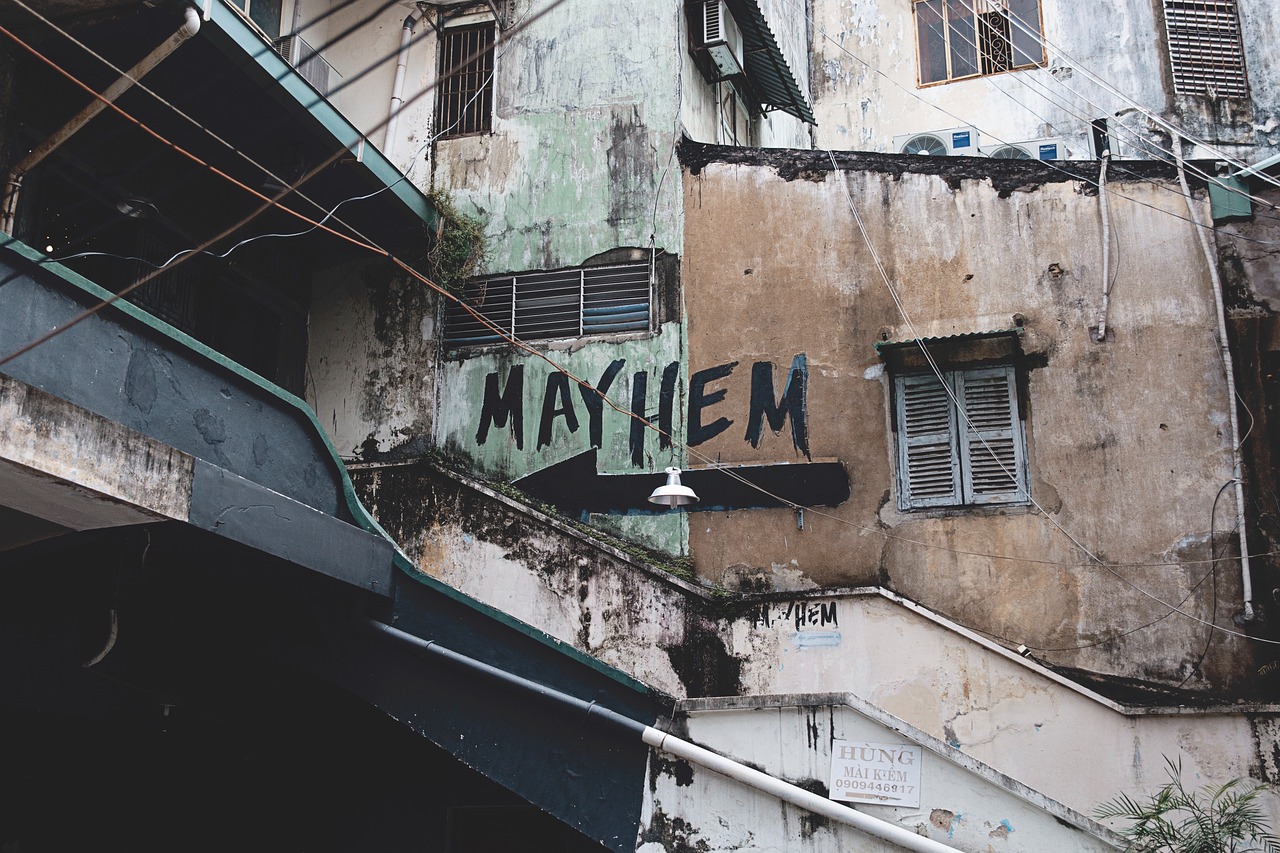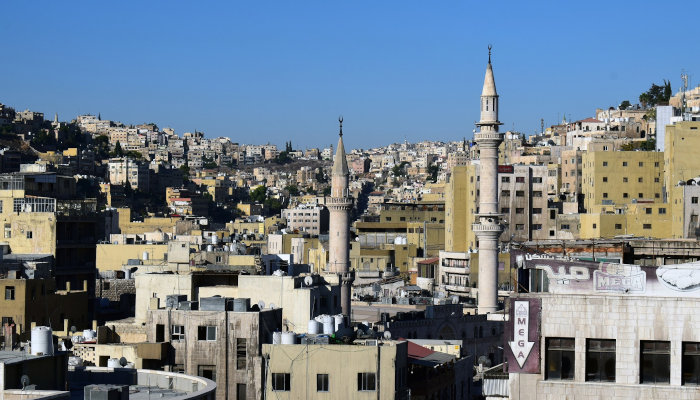
The ongoing war against Hamas needs a strategy and a political horizon before a military one. What is Israel’s future: a state integrated within itself, in the region, or under siege?
There has clearly been an Israeli intelligence failure with the Hamas attack, but more profoundly, there has been a strategy failure.[1] The idea that Hamas would be quiet in the Gaza Strip while Israel concentrated on acquiring ground in the West Bank failed. This strategic flop transformed the Palestinian problem into an international one when it had been domestic for over a decade.
Other fronts
Over the past 20 years, the Arab world has gradually distanced itself from the Palestinian cause. It slowly set the stage for a series of normalizations of Israel’s regional diplomatic relations. However, the premise was that instability should not cross a particular line.
Saturday’s assault was not a terrorist attack but a coordinated military offensive. Hamas was able to start a war against Israel, and this is causing the Arab countries in the region to have to reconsider their political positions.
Moreover, this objectively fits into a highly volatile context. A war between Israel and Hamas de facto helps Russia in its conflict in Ukraine as it distracts the West in its support for Kyiv. It also gives a centrality to Iran, which reportedly supported and organized the Hamas attack and is a significant supplier of weapons to Russia.
The Moscow angle might have a few surprises in store. Israeli Premier Benjamin Netanyahu had bet on a special relationship with Russian President Vladimir Putin, who could help guarantee Hamas’s actions through pressure from Syria. This elaborate cross-reference game has clearly crumbled. It’s unclear whether Putin knew about the attack and decided not to warn Netanyahu and, following this, what will happen with Israel’s past close ties with Moscow, which is also backed by a sizable and vocal community in Israel.
Risks to prevent
Israel is preparing an intervention force that can keep Gaza entirely under control. The troops deploying at the border have the old Napoleonic proportion for occupation: one soldier per 20 inhabitants, 100,000 army men against two million in the strip.
However, it is hard to imagine Israel staying in Gaza for long. The costs and difficulties of a long-term occupation could be enormous.
Israel, therefore, needs a new overall strategy toward the Arab countries and the Palestinians. It requires a clear horizon to avoid welding together the two wars in Israel and Ukraine and to prevent or limit the out-of-control spread of the conflict. The markets could be already affected in the next few days.
It could help to curb the political role of Tehran, which is apparently weaving a complex political plot throughout the region by exporting its domestic problems abroad.
While there is no appetite in the region to isolate Iran but rather an attempt to integrate it into local dynamics, there is also no craving to fall under Iran’s sway by fueling wars around it. Israel, therefore, has a chance to develop its new regional policy and a role that embraces regional integration to isolate extremists in Iran and thus challenge the regime.
Political perspective
Palestinians in Gaza and the West Bank cannot simply disappear. They must somehow be considered and integrated into Israel’s future development and be removed from the nefarious political influence of Hamas or other Islamic extremists. This is the main political point to define as soon as possible to cut grass under the feet of the extremists breeding hatred.
This war must be a political, not only military, success for Israel.
If the conflict in Israel were to spread by getting out of control and grafting into the Ukrainian war, it could unleash a clash involving Europe and perhaps reaching as far as China.
What this means in internal political and social terms for Israel must be understood by Israeli society for its future and well-being. The issue must be moved from a religious to a practical and political realm.
If it stops in a religious sphere, it plays into the hands of Hamas, which frames the issue just in religious terms. The political perspective of a Palestinian solution would help isolate Iran and build new relations with the Arab world. At this stage, Israel’s coordination with every political actor becomes essential.
[1] See interview with Ely Karmon https://www.quotidiano.net/esteri/israele-attacco-hamas-ely-karmon-intervista-1d133de4 and Gideon Rachman https://www.ft.com/content/aa7eb6ba-6dc1-46dc-b96a-b7c3a1b0446e









